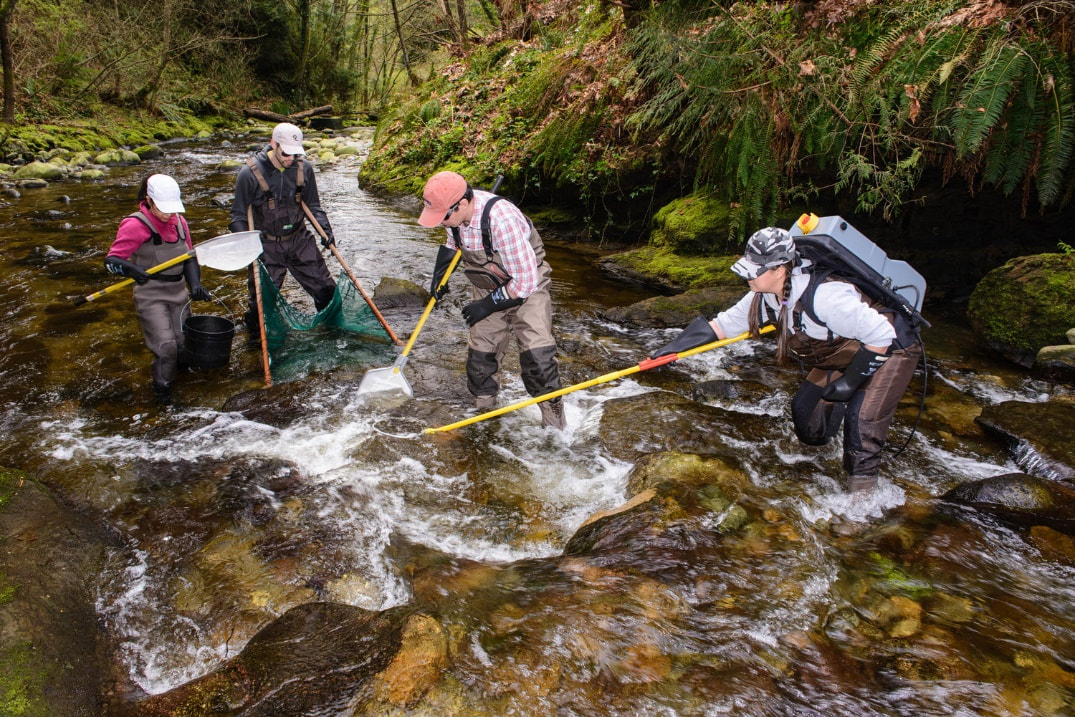|
by Michael Rogers In my last blog post, I discussed some strategies for budding ecologists to plan their career. I looked at some of the archetypal roles in the field, such as laboratory technician and policy analysts, and some of the defining factors of the ecology sector. If you have not read that blog, I highly recommend you go there first before continuing on with this post! Now that you have a better idea of the types of roles you can have and the different pros and cons associated with each one, you are likely going to want to start to apply to work in the ecology field. For all types of roles, there are a few key websites most employers use for job postings:
Consider also looking at your University’s/Alma Mater’s and/or professional association’s job search board as a source of many more roles. Like any other sector, your professional connections are one of the strongest sources of support you have in finding job postings and building good reputations with potential employers. If you are just starting out, do not fret about building connections. Do your best to be proactive while in school to build connections with your peers, educators and school-affiliate organizations. Your hard work will pay dividends. Building Skills and Experiences that Employers will Value Professional designations These signal a larger body of knowledge, professional standards, and commitment to ongoing learning. Some employers find these of debatable value, but they cannot hurt your employability chances. Some examples include becoming a certified Ecologist, Environmental Professional, or Ecological Restoration Practitioner. Functional skills These are skills which enable you to fulfill the responsibilities of a role. Many of these skills are translatable between role archetypes. Some popular functional skills include species identification skills, computer/statistics package skills, and writing/editorial skills. It can be valuable to build a portfolio of work from your education, work, and volunteer experiences to share with prospective employers. Volunteer experience The premiere way to break into the ecology field is to build your experiences. The challenge is getting initial experience to start the cycle of growth. Volunteer experiences are valuable to employers and signal a commitment to the field of work. Field work, data organization, and writing contributions through volunteer work can help cultivate some of the above-noted functional skills too. Many local environmental organizations, non-profit organizations (NGOs), and Conservation Authorities are regularly on the search for volunteers. By the way, ELB is always looking for new contributors, too! Certifications of Competencies These certifications signal to employers about your knowledge base and capacities to fulfill role responsibilities. Job postings will note which certifications are requested to fulfill work responsibilities and additional competencies are commonly viewed with positivity. Most are acquired through paid professional workshops. Some examples include: Ecological Land Classification, Ontario Stream Assessment Protocol, Electrofishing, and First Aid Training. This is just the start! Over the next few posts on our blog, we will explore more in depth the above-noted roles and what skills/professional development opportunities you can utilize to be an ideal job candidate. Until next time, you can keep your finger on the pulse of job postings by checking out ELB’s Facebook group, LinkedIn, Twitter, or Instagram. We update each with several job, volunteer, and professional development opportunities each week.
18 Comments
|
ELB MembersBlogs are written by ELB members who want to share their stories about Ontario's biodiversity. Archives
January 2023
Categories
All
|



 RSS Feed
RSS Feed